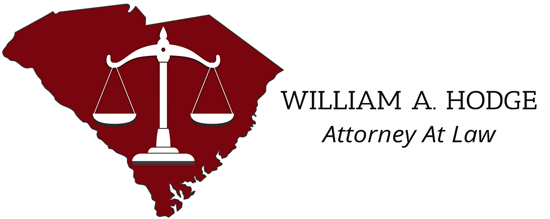THE SERIOUS CONSEQUENCES OF A SOUTH CAROLINA DRUG CONVICTION
Drug charges carry some of the most strict consequences of all criminal offenses. In addition to lengthier prison sentences and fines, drug convictions can also result in collateral consequences, such as the loss of a professional license, driving privileges, and civil rights. With the advice of an experienced South Carolina drug defense attorney, defendants can mitigate these consequences and protect their constitutional rights throughout the criminal case process.
Sentencing For Drug Charges
It is unlawful for any person in South Carolina to manufacture, distribute, dispense, deliver, purchase, aid, abet, attempt, or conspire to manufacture, distribute, dispense, deliver, or purchase, or possess with the intent to manufacture, distribute, dispense, deliver, or purchase a controlled substance or a controlled substance analogue. It is also unlawful to create, distribute, dispense, deliver, or purchase, or aid, abet, attempt, or conspire to create, distribute, dispense, deliver, or purchase, or possess with intent to distribute, dispense, deliver, or purchase a counterfeit substance. The sentences for these actions are set forth in Section 44-53-370 of the South Carolina Code of Laws. Sentences are based on the type of drug at issue.
- For Schedule I and II narcotics and LSD, the act is a felony. A first offense is punishable by up to fifteen years in prison, a fine of up to $25,000, or both. A second offense is punishable by a minimum of five and maximum of thirty years in prison, a fine of $50,000, or both. Third and subsequent offenses are punishable by a minimum of ten and maximum of thirty years in prison, a fine of $50,000, or both.
- For other Schedule I and II substances, the act is a felony. A first offense is punishable by up to five years in prison, a fine of up to $5,000, or both. A second offense is punishable by up to ten years in prison, a fine of $10,000, or both. Third and subsequent offenses are punishable by a minimum of five and maximum of twenty years in prison, a fine of $20,000, or both.
- For Schedule IV substances, the act is a misdemeanor if it is the first offense. First offenses are punishable by up to three years in prison, a fine of up to $3000, or both. Second and subsequent offenses are felonies punishable by to five years in prison, a fine of up to $6000, or both.
- For Schedule V substances, the act is a misdemeanor. First offenses are punishable by up to one year in prison, a fine of up to $1000, or both. Second offenses must be punished by a sentence that is twice that issued for the first offense.
Professional Licensure
Many different types of professionals are required to be licensed by the state. Doctors, lawyers, veterinarians, accountants, nurses, veterinary technicians, commercial drivers, and many others cannot practice their occupation unless they are in good standing with the appropriate regulatory board. Many of these boards even require licensees to report criminal charges as soon as they are filed. Any investigation conducted by the licensing agency occurs independently from the criminal case. As a result, a defendant can face professional discipline even if they plead guilty to lesser charges, have the charges dismissed by a prosecutor, or are ultimately acquitted at trial.
Civil Rights
All felons lose certain civil rights as a result of their convictions. These include: the right to possess firearms, the right to vote, and the right to serve on a jury. In certain cases, these rights can be restored. In others – especially very serious drug offenses – they cannot. This is yet another reason why it is important to ensure fairness in the criminal process in order to prevent an improper conviction.
Aggressive Defense Of All Drug Offenses
Attorney William A. Hodge has extensive experience in defending all types of drug charges. Call (803) 457-2216 today to schedule your free consultation. With the advice of a knowledgeable criminal defense attorney, defendants can protect their constitutional rights and mitigate the collateral damage of a drug conviction.
